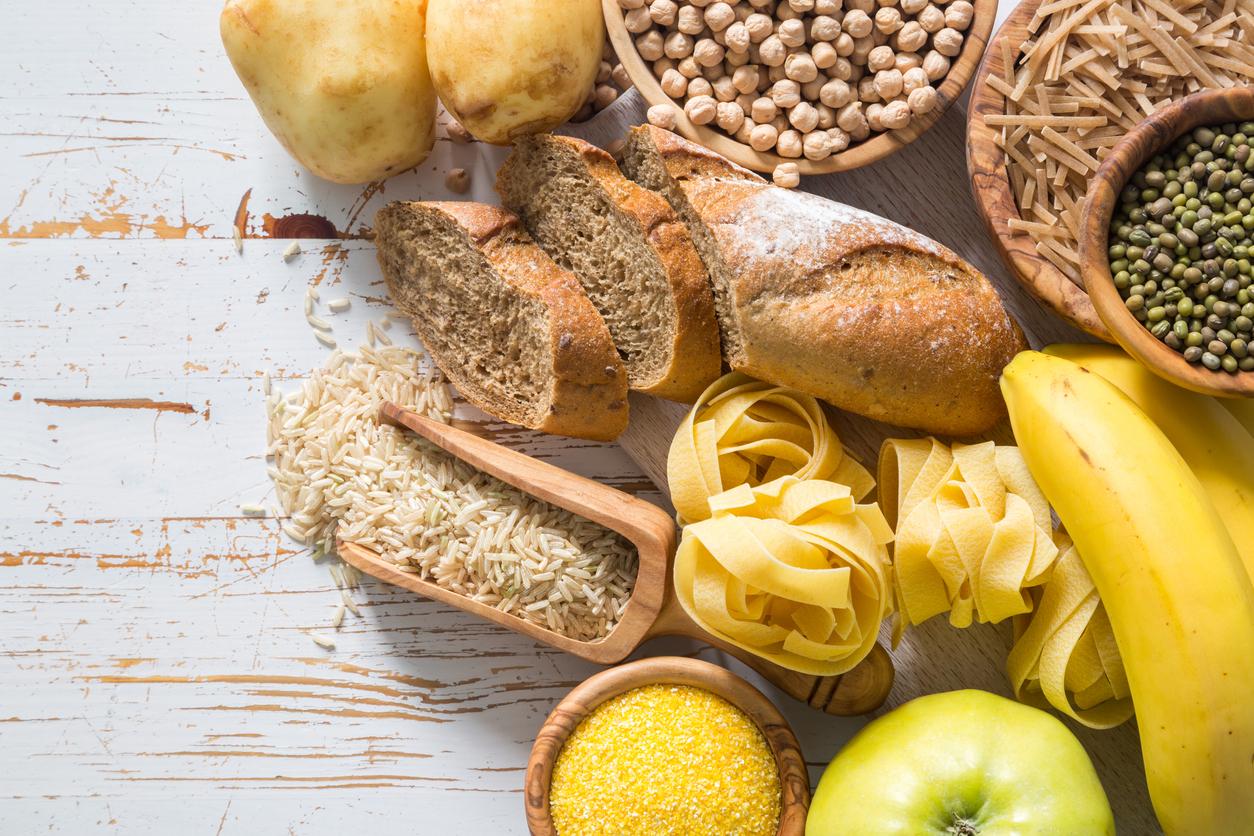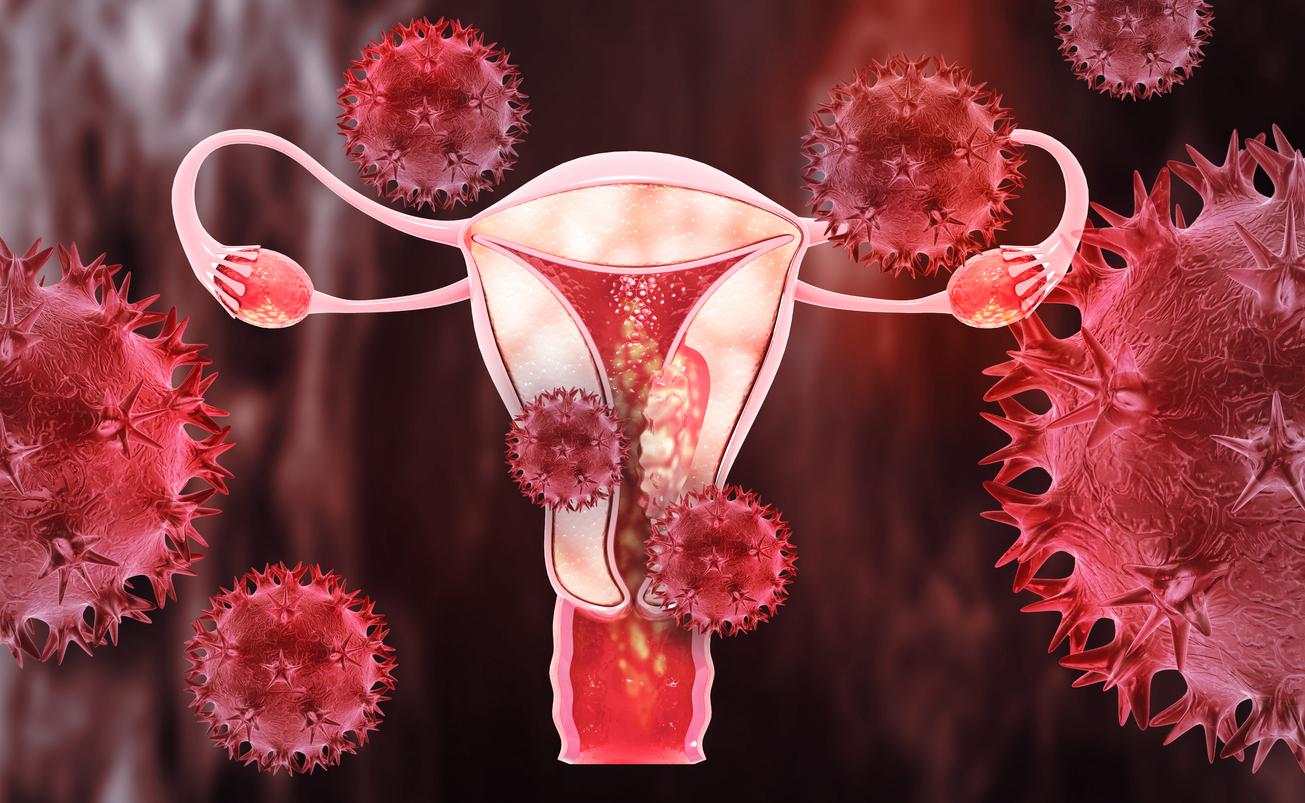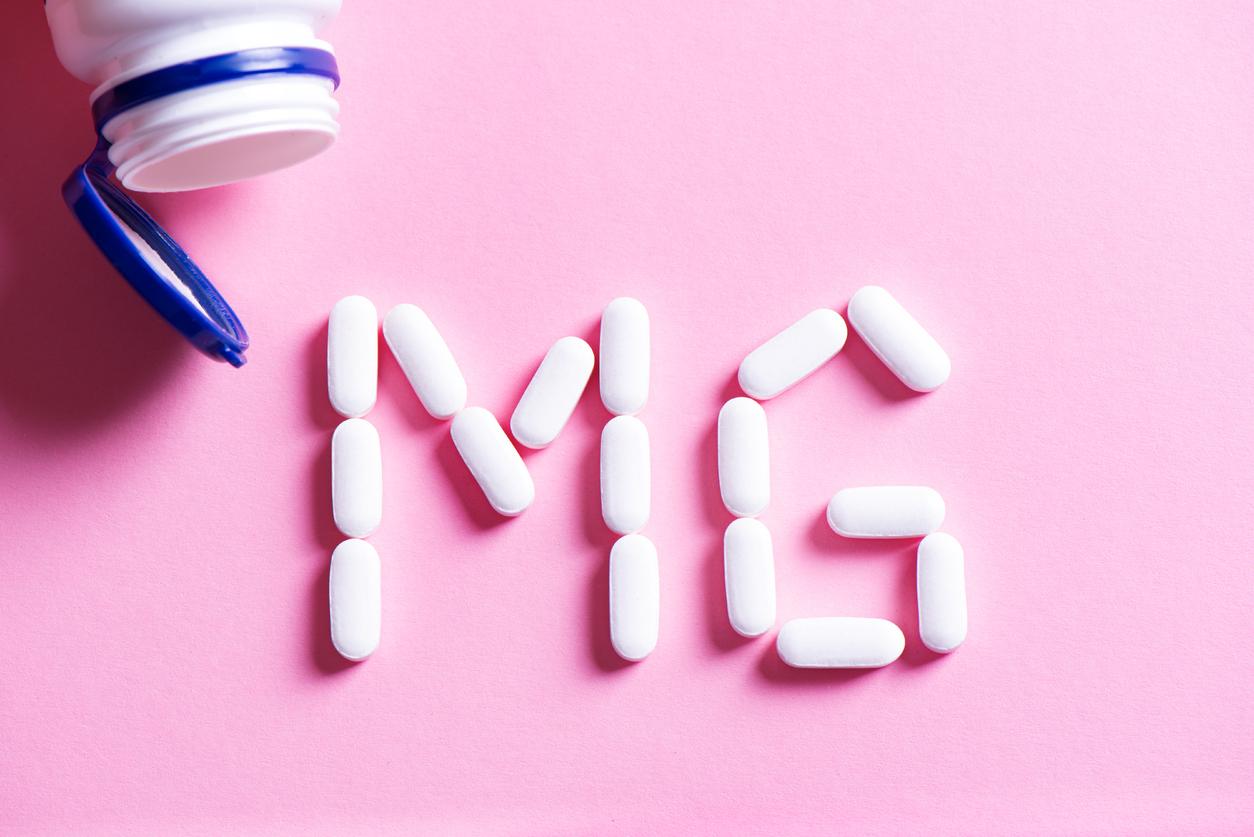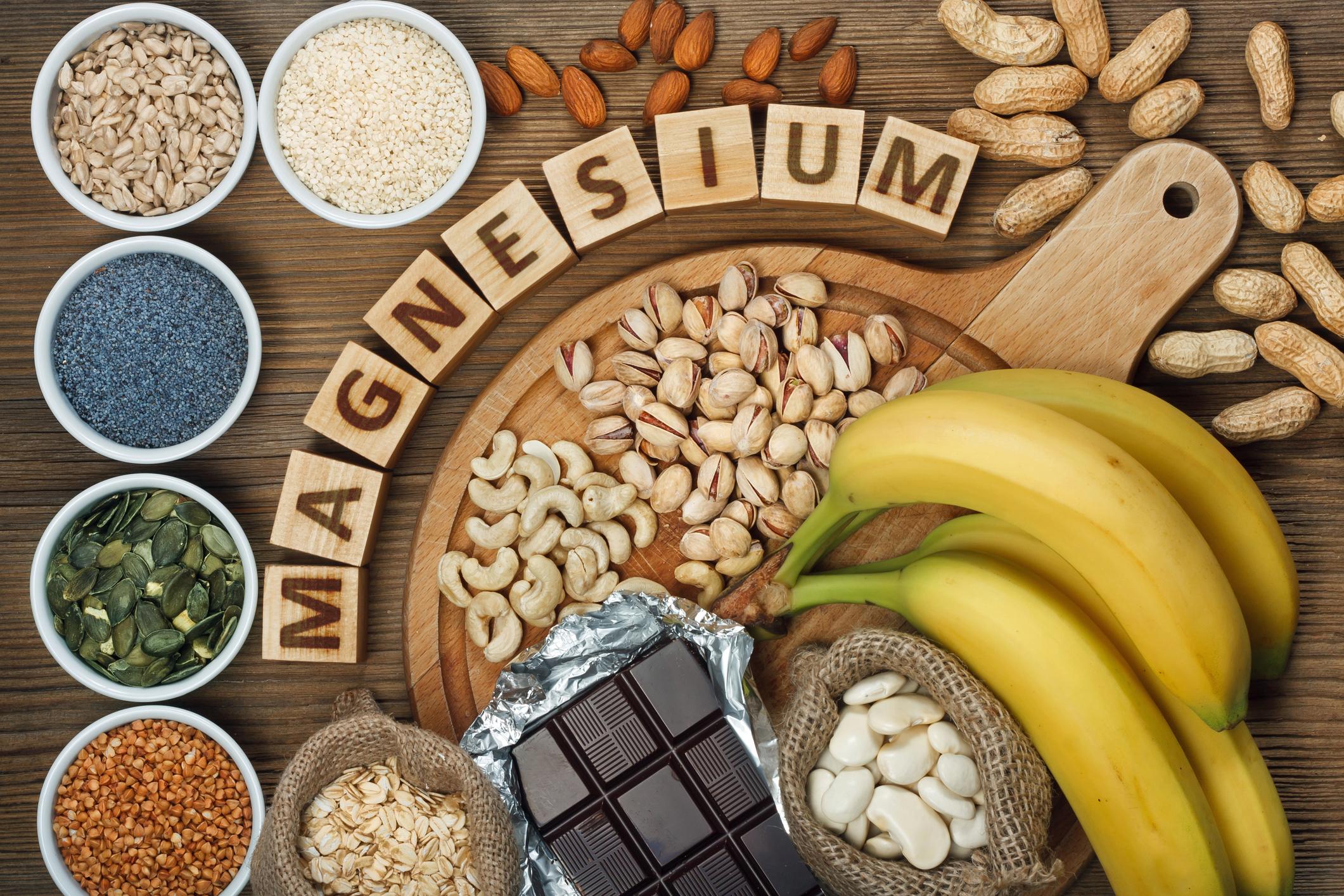Bananas are the second most consumed fruit in France, which is a good thing given their many benefits.
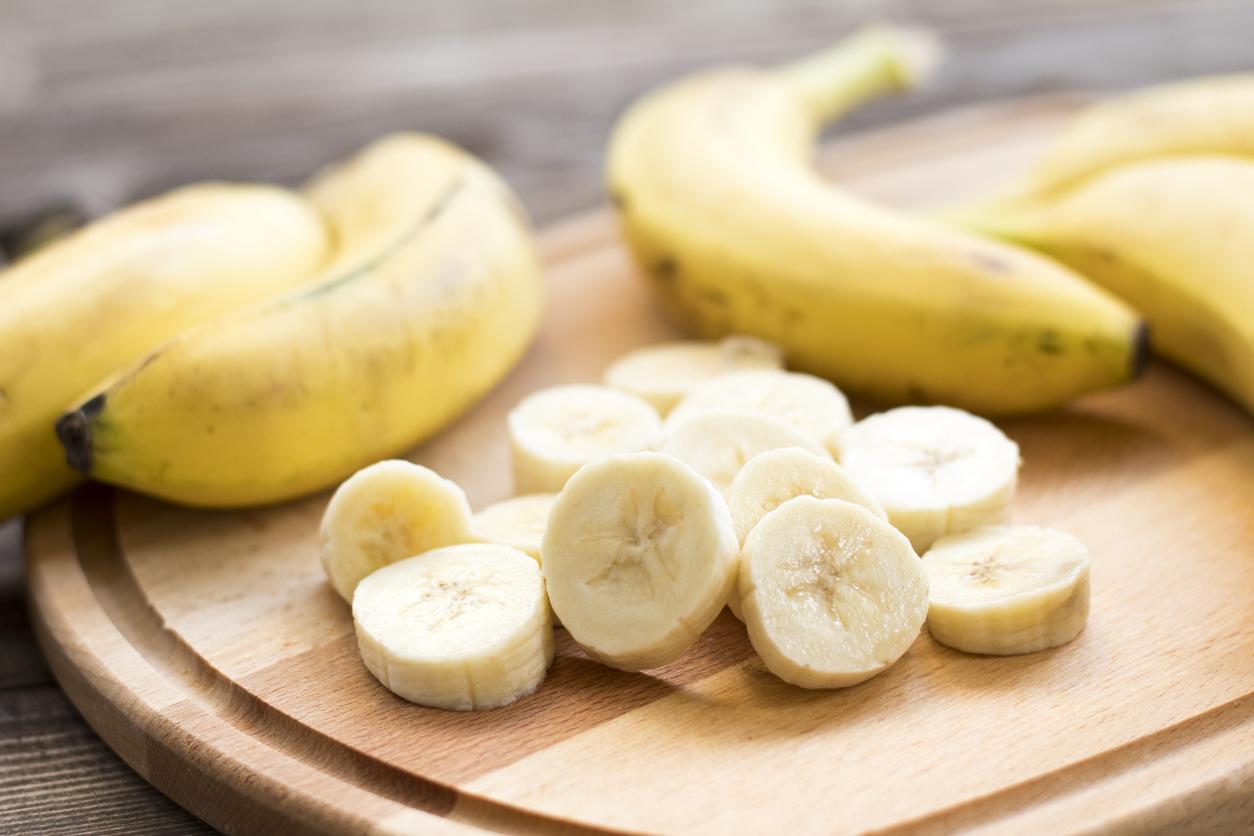
- Banana is the second most consumed fruit by the French.
- Bananas contain many nutrients and are easy to digest.
- They offer many health benefits.
Bananas are the second most common fruit on French plates, after apples, with annual per capita consumption exceeding 11.2 kg. For Dr. Elyse Homan, a nutritionist at the Cleveland Clinic, this is an excellent thing. Bananas are “full of nutrients and easy to digest. Very few people have problems digesting bananas”she exhibits on the American institution website.
A medium-sized ripe banana contains 105 calories, 1 g of protein, 28 g of carbohydrates and less than 1 g of fat. Its nutritional richness provides many benefits to the body.
Banana is rich in fiber and improves digestion
A banana contains about 3 g of fiber, which represents almost 10% of the daily nutritional needs. These nutrients are known to improve digestion by increasing stool volume and helping to regulate intestinal function.
However, fiber is not only useful for the gut. “Researchers who looked at the data from nearly 200 studies found that people who ate 25 to 29 grams of fiber per day had up to a 30 percent lower risk of colorectal cancer, heart disease, high blood pressure, high cholesterol, stroke, and type 2 diabetes.”details the Cleveland Clinic.
Banana strengthens the immune system
Bananas are also a good source of vitamin C, containing about 10 mg. Also known as ascorbic acid, this nutrient helps absorb iron and strengthens the immune system to fight off diseases.
Additionally, vitamin C helps fight free radicals that build up in the body and damage cells.
Banana provides vitamin B6
“A banana will give you a quarter to a third of the vitamin B6 you need in a day”says dietician Elyse Homan. It is one of the fruits that contains the highest level of the nutrient.
Vitamin B6 is involved in the metabolism of amino acids and the synthesis of neurotransmitters. It is thus involved in metabolic processes, the proper functioning of the nervous system as well as the regulation of appetite and sleep.
Banana fights high blood pressure
Bananas provide about 422 mg of potassium, which is just over 10% of the recommended daily intake (3,500 mg for adults). It is essential for the proper functioning of several organs, including the heart and kidneys. One of the main roles of potassium is to maintain healthy blood pressure.
The American nutritionist adds that potassium “also benefits your vascular system – the network of blood vessels and lymph vessels that run through your body’s tissues and organs – and reduces your risk of heart disease, kidney failure and stroke.”.
Banana, rich in magnesium, improves blood sugar levels
A medium banana contains about 32 mg of magnesium, or about 8 to 10% of an adult’s daily requirement. According to theHandlesthis mineral is involved in more than three hundred enzymatic systems. It also participates in many physiological functions, such as the regulation of blood sugar levels, blood pressure and protein production. It contributes to good bone health and muscle and nerve functions.
“I often hear patients say they avoid bananas because they’ve heard the fruit is too high in sugar.”reports Dr. Homan. However, she believes that “the health benefits of antioxidants and fiber outweigh natural sugar”. For those concerned about their blood sugar, she advises “toPair bananas with a protein source like peanut butter or a dairy product for better control.”










